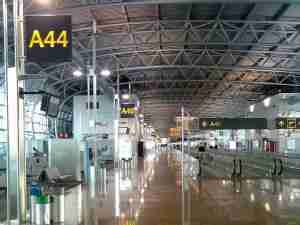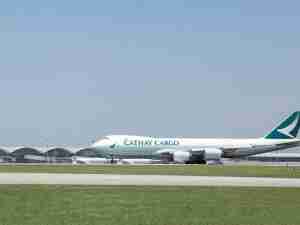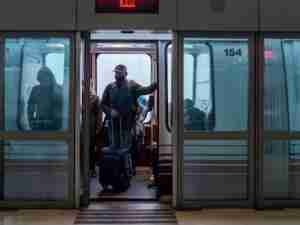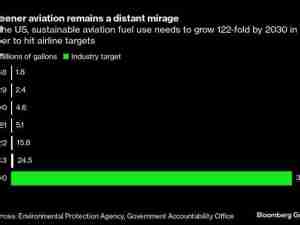In its ruling, the FAA supported the views of TIACA and cargo operators that prohibiting flights at the airport between 2200hrs and 0659hrs was not reasonable and would 'create an undue burden on commerce' and negatively affect the national air transportation system.
TIACA said the application by Burbank Glendale Pasadena Airport Authority (BGPAA) to impose a mandatory night-time curfew on all flights failed to meet the statutory conditions which FAA must use to conduct its evaluation and would not adhere to the 'balanced approach' recommended by the International Civil Aviation Organization (ICAO).
Daniel Fernandez, Secretary General of TIACA, said: 'This is an important victory and not just for cargo operators and their customers in and around the Burbank area. This strong recognition by the FAA of the value and importance of cargo operations to the local and national economy will, we hope, set a precedent for night-time cargo services and send a clear message to other airports that may have been considering similar restrictive actions.'
In its submission to the FAA, TIACA stated the only aircraft currently operating at Burbank during the proposed curfew period are all-cargo carriers. Imposing the curfew would therefore have a discriminatory effect on all-cargo operations. It stated: 'Those few airlines that currently operate during overnight hours do so for compelling reasons but, because they are such a small component of Burbank's daily activity, contribute only marginally to the airport's noise and traffic levels. However, they do contribute significant jobs, rents, and taxes to the airport and surrounding community, and the cargo shipped supplies many local businesses. Furthermore, because these activities take place during relatively low-traffic hours, deliveries can be made more efficiently, contributing to the overall economic and environmental health of the area.'
TIACA recognized the success of the airport in achieving a 95% compliance rate through its voluntary efforts to restrict flights during overnight hours. Additionally, all aircraft flying into Burbank are 'Stage III' and are therefore quieter than most other aircraft. TIACA said it believed that this impressive achievement was a strong indication of the reasonableness and effectiveness of the current, voluntary approach ' and that continuation of this approach was preferable to imposing a night-time curfew.










